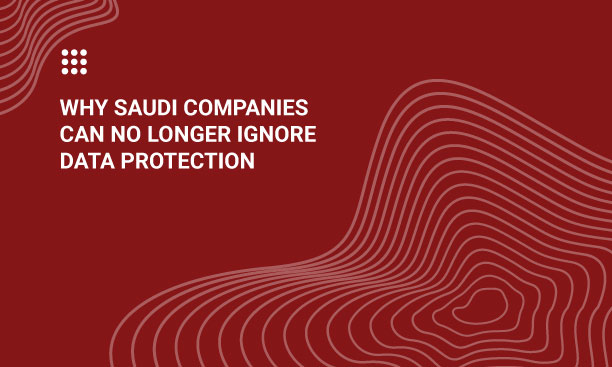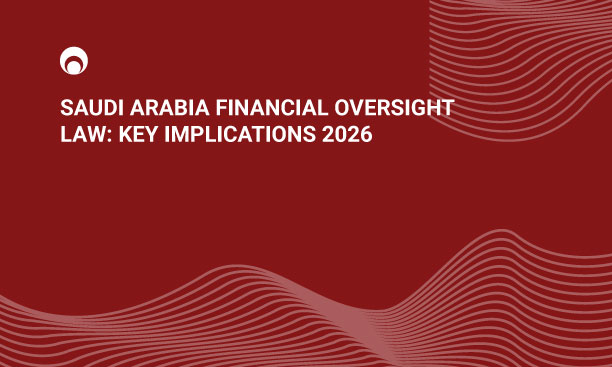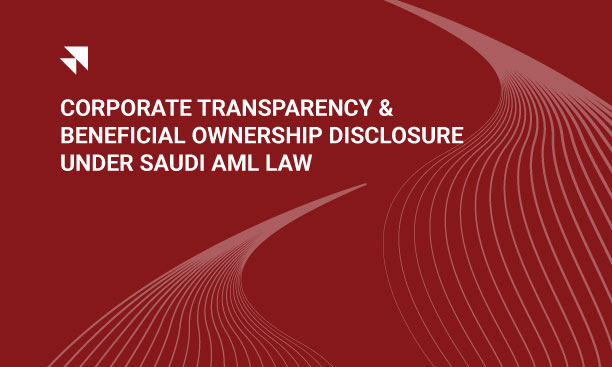An Overview of the PDPL and What It Means for Your Business
Every business in Saudi Arabia today operates in a digital ecosystem. Whether selling products, managing teams, or engaging with clients, companies are constantly handling personal information. Behind every transaction lies something deeply human: a person’s name, number, record, or preference.
Protecting that information is not just a regulatory requirement—it is a matter of trust. The Kingdom’s Personal Data Protection Law (PDPL) recognizes that principle, introducing a legal framework that turns respect for personal data into a measurable corporate obligation.
Why Data Protection Matters
Trust builds loyalty
When a client shares their data, they are extending trust. Misuse or mishandling can damage that relationship instantly. Transparent and responsible practices foster credibility and long-term engagement.
Compliance prevents risk
The PDPL introduces real accountability. Non-compliance can result in substantial financial penalties, criminal sanctions, and reputational damage. Companies that act proactively reduce their exposure and demonstrate maturity.
Structured data creates efficiency.
Data protection is not about restricting information. It is about using it properly. When data is accurate, lawfully collected, and well-maintained, it becomes a business asset that improves performance and decision-making.
Compliance supports growth
Global partners and investors increasingly require evidence of compliance with data protection laws. A strong data governance framework enhances competitiveness and market access.
The Saudi Data Protection Landscape
Saudi Arabia’s Personal Data Protection Law, first enacted by Royal Decree M/19 of 2021 and amended by Royal Decree M/148 of 2023, is now fully enforceable. The Saudi Data and Artificial Intelligence Authority (SDAIA) is currently responsible for enforcement, supported by the National Data Management Office (NDMO).
The law applies to any organization that processes the personal data of individuals within the Kingdom, even if the organization is based outside Saudi Arabia. It requires lawful processing, transparency, and respect for individual rights such as access, correction, and deletion.
Violations involving sensitive personal data, such as health or financial records, can lead to imprisonment or fines of up to SAR 5 million. The period of voluntary adjustment ended in September 2024, which means enforcement is active.
In practice, every Saudi business that handles personal or employee data now falls within the law’s scope.
What This Means for Businesses
To comply with the PDPL, companies must:
- Identify what personal data they collect and why.
- Determine the lawful basis for each type of processing, such as consent, contract, or legal obligation.
- Be transparent with individuals about how their data is used, stored, and shared.
- Maintain records of data processing activities, retention periods, and access rights.
- Establish a clear procedure for data breaches and regulatory notifications.
Compliance is not only about meeting deadlines. It is about embedding data ethics and accountability into daily operations.
Why Acting Now Matters
Cost efficiency
Early compliance avoids rushed projects and inflated implementation costs.
Reputation management
A single incident of data misuse can cause lasting reputational harm. Proactive compliance signals professionalism and care.
Business readiness
Investors, regulators, and clients are now asking for evidence of data protection measures. Companies that can demonstrate compliance will gain a clear advantage.
Organizational integrity
Data protection strengthens corporate governance, reduces internal risk, and improves stakeholder confidence.
How Legal Consultants Can Support Compliance
Legal advisors play a central role in helping businesses understand and meet their PDPL obligations. Through targeted legal review and documentation support, consultants can:
- Conduct data protection gap assessments.
- Draft privacy notices, contracts, and data processing agreements.
- Provide legal opinions on data transfers and third-party responsibilities.
- Develop response frameworks for data breaches and data subject requests.
- Deliver compliance training for management and staff.
A well-advised compliance program is efficient, defensible, and aligned with business priorities.
Compliance Is the New Competitive Advantage
Data protection is no longer an optional policy—it is a core part of responsible business in Saudi Arabia. The PDPL represents a milestone in the Kingdom’s digital transformation and its commitment to safeguarding individual rights.
By adopting compliant practices today, companies protect their reputation, strengthen relationships, and prepare for a future where trust and transparency define business success.
For guidance on how to begin your compliance journey or to request a legal readiness assessment, contact our team for tailored advice.






